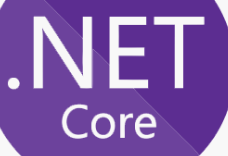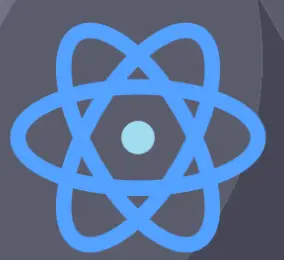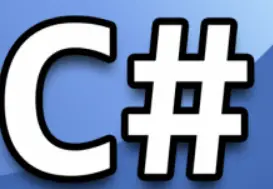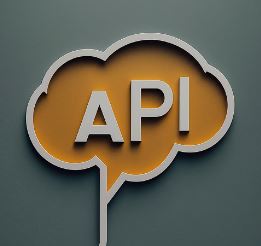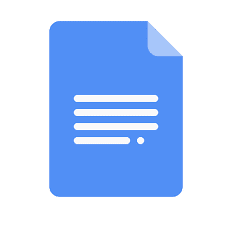Query & Answer
Learning about math, physics, and electrical engineering, software development coding, as well as energy usage and renewable energy, can be challenging for some students.
However, don't worry if you don't know much about statics – we've got the solution for you
Understanding the significance of energy usage and renewable energy is crucial in today's world. Discover why these topics matter and how they impact our daily lives,
the environment, and our future. Explore the importance of sustainable energy sources and responsible consumption in addressing global energy challenges.


